Jaguar is considering an all-electric version of its next-generation Jaguar F-Type sports car, due by 2021.
Fully electric propulsion is one of a range of powertrains being assessed for the new UK-built sports car. Another is a 4.4-litre BMW-sourced V8.
UPDATE: The Jaguar F-Type has been revealed - full story here
A replacement for the F-Type is still at least two years away, despite it being already six years old. Design chief Ian Callum told Autocar that “being a specialist car, it will have a longer life than the mainstream models”. Callum also confirmed that “despite sports cars not being a great growth area, there will be a future for the F-Type”.
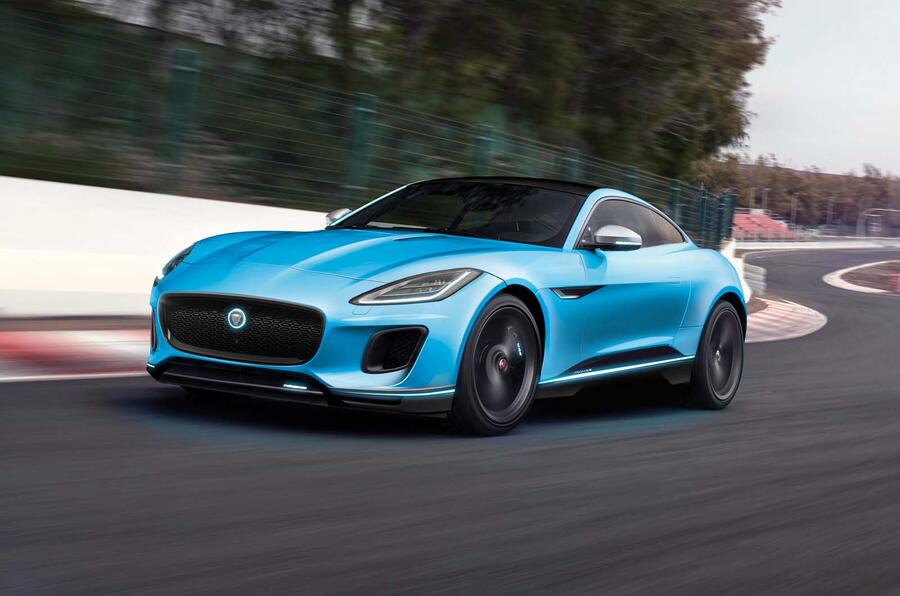
Developing a purely electric F-Type replacement would provide its designers and engineers with the scope to produce a design as bold as the E-Type was in 1961. Packaging the batteries below the floor would yield a dynamically valuable low centre of gravity and hybrid aluminium body construction would go some way to mitigating the weight penalty of the battery pack.
Although today’s Jaguar I-Pace is propelled by two 197bhp electric motors fed by a 90kWh battery pack, the energy density of batteries will have improved by the time the F-Type emerges and there will be plenty of scope to offer more powerful motors. Mounting the motors over both axles would allow Jaguar to continue offering rear- and four-wheel drive, the latter with a torque bias to the back axle.
More than one powertrain option is in the running for the new F-Type, with electrification a strong likelihood. However, it’s not yet clear if petrol and electric options will be offered at the same time.
Jaguar Land Rover (JLR) plans to source its next-generation V8 petrol engine, codenamed Project Jennifer, from BMW. In its most potent form, the newly developed 4.4-litre twin-turbocharged engine is said to produce around 640bhp and nearly 600lb ft of torque, an upper limit that would make the F-Type competitive with the most powerful Porsche 911s.
Falling global V8 sales are the reason for JLR once again sharing an eight-cylinder unit with BMW (the last time was when the German car maker owned the Rover Group in the 1990s), making this the only business-viable approach.
Regardless of powertrain, the next F-Type will use an all-new aluminium-intensive platform, which is expected to still be assembled in Castle Bromwich and is tipped to make the new car lighter and more space efficient. It is expected to retain the current car’s two-seat layout.

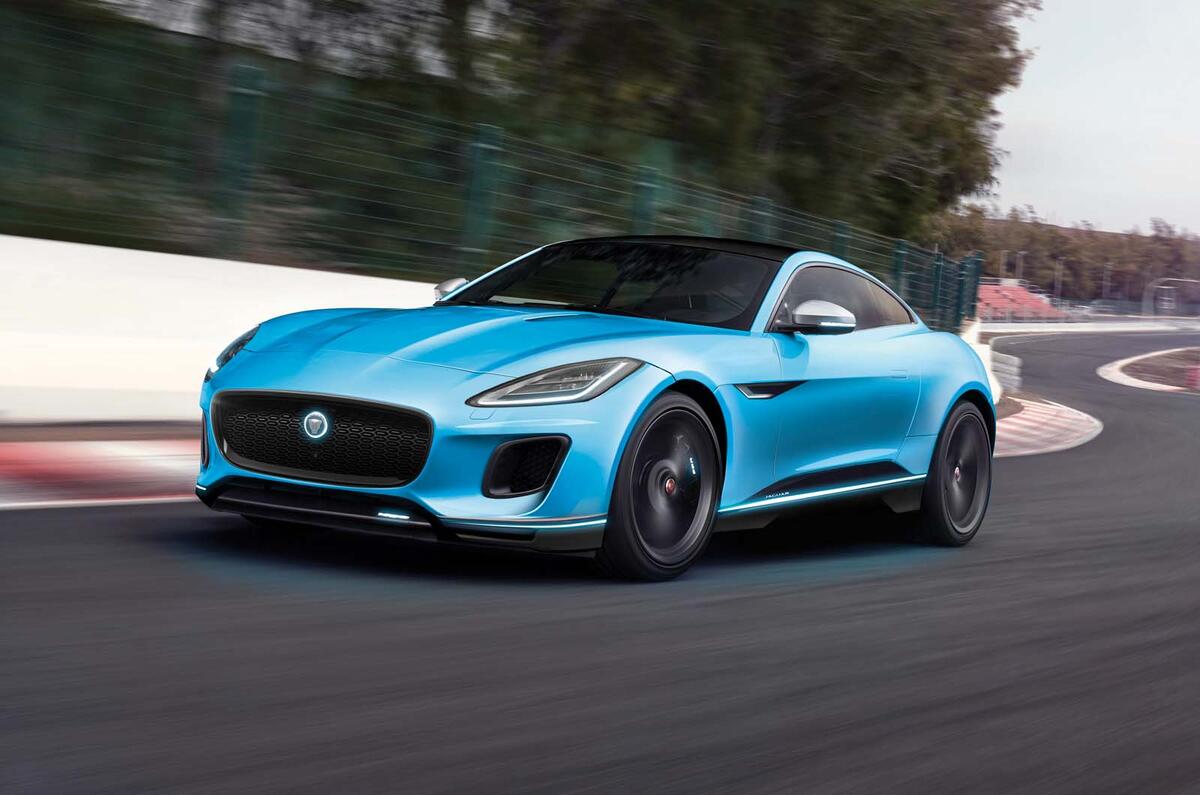
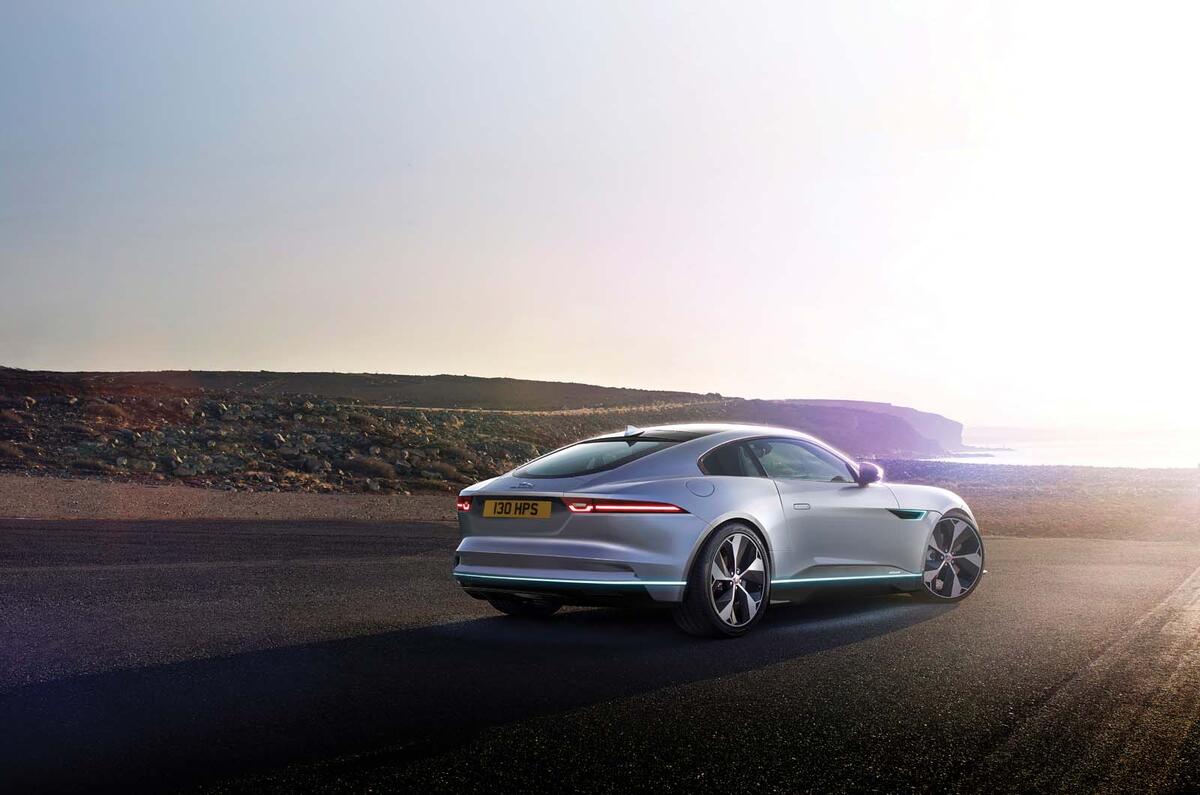
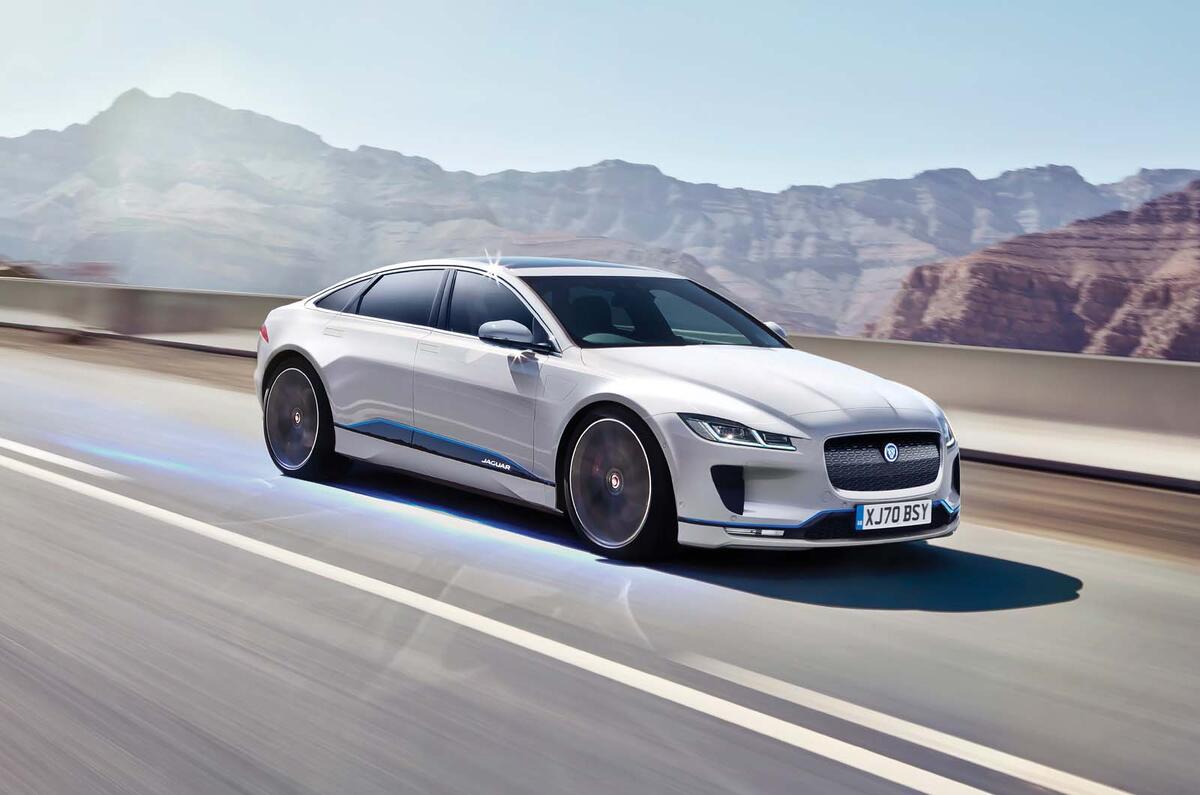
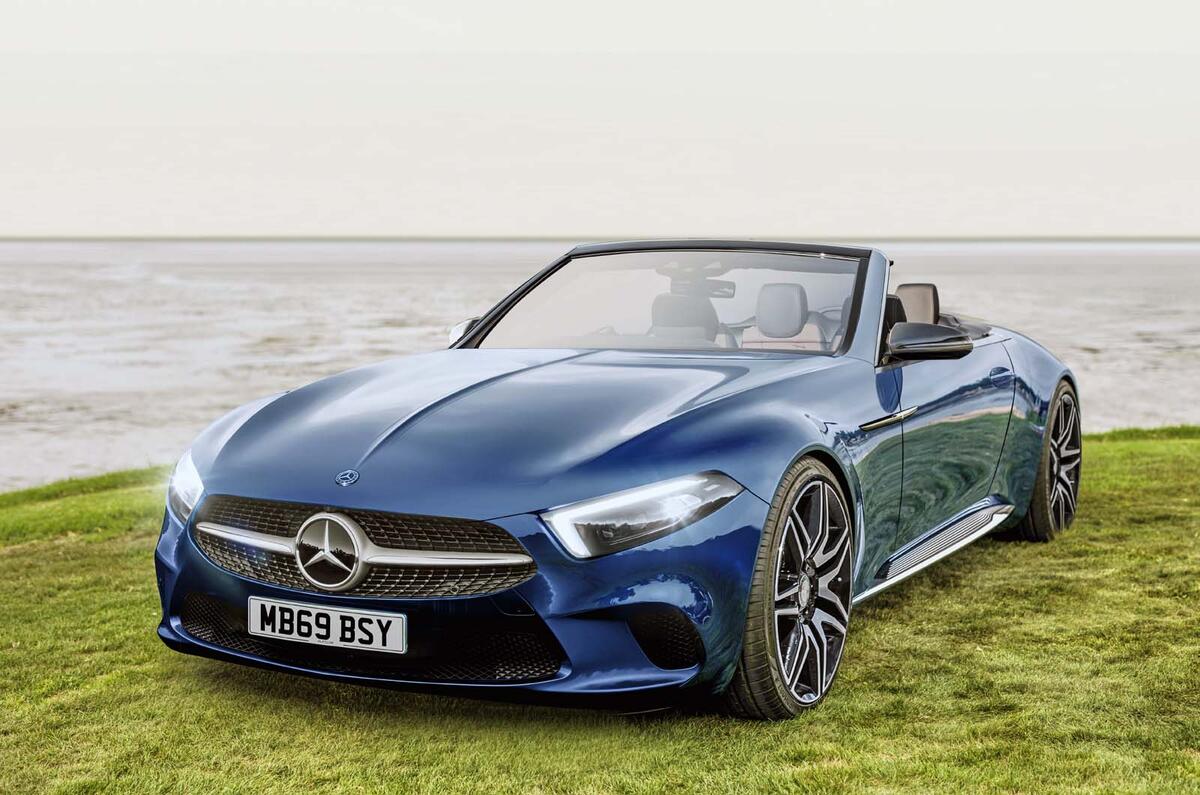
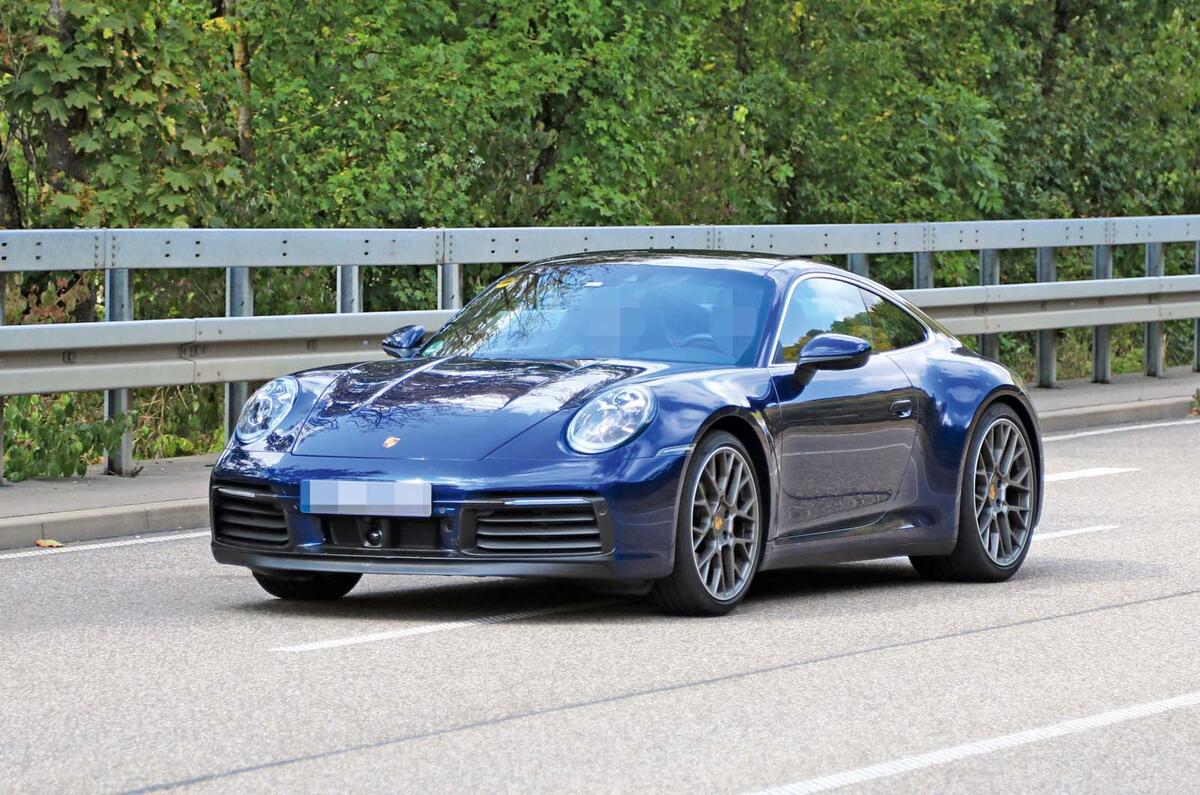
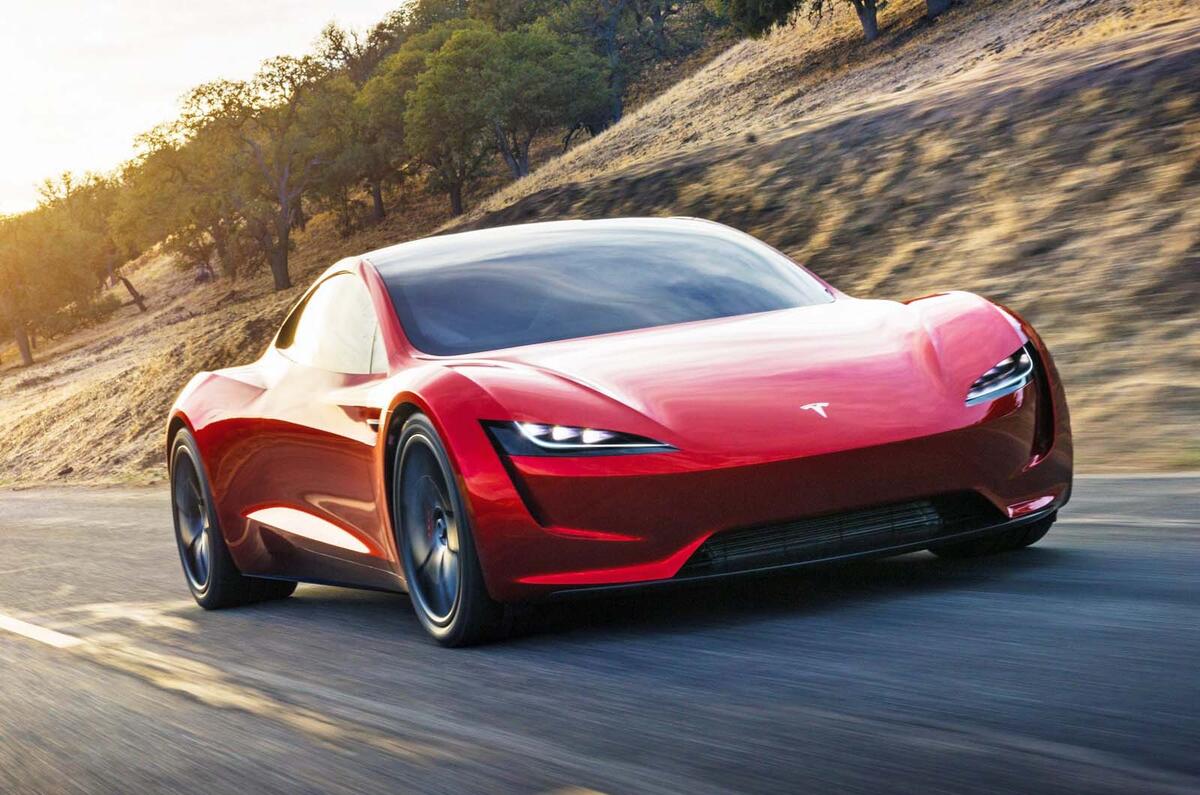
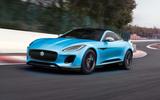
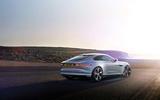
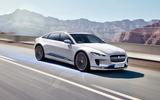
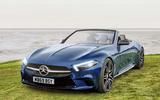

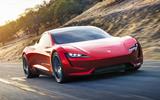

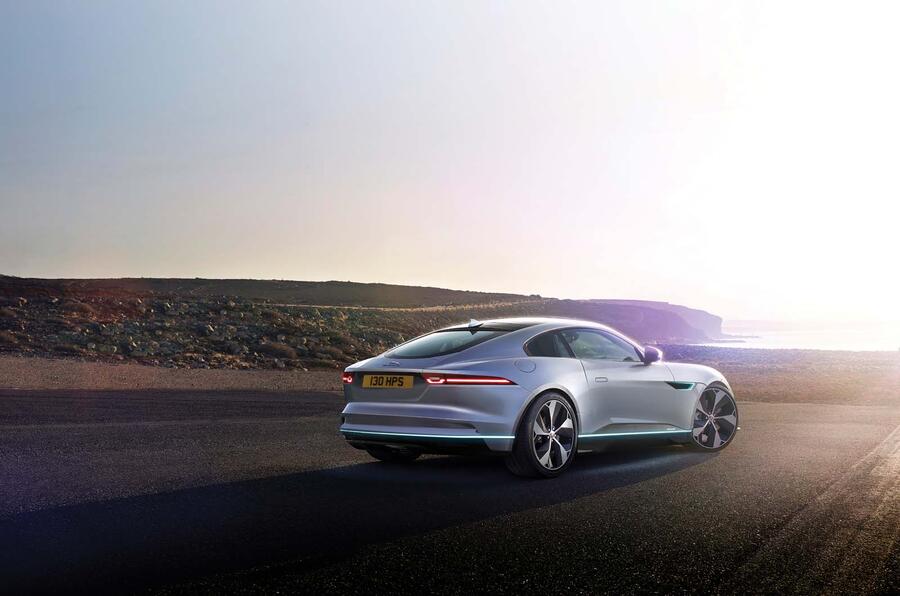
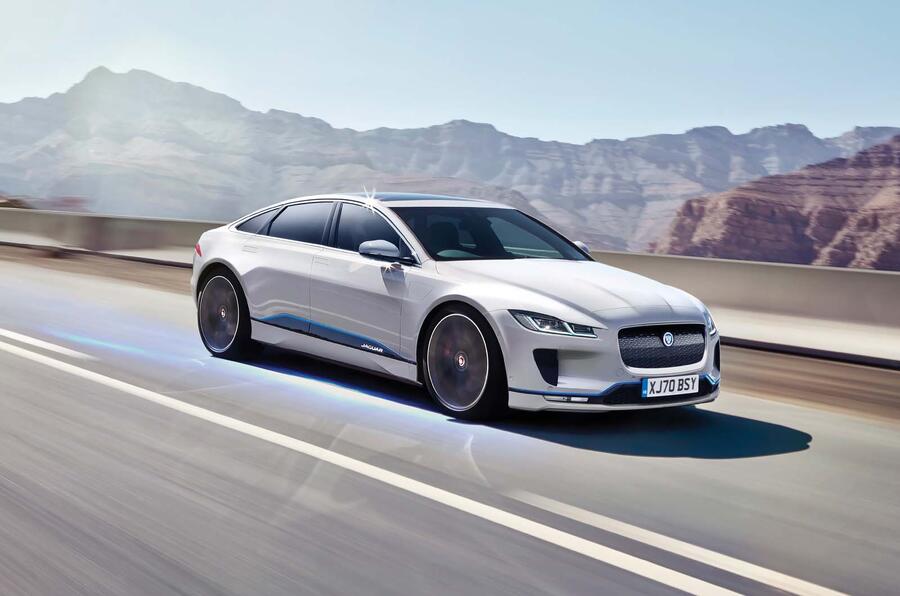
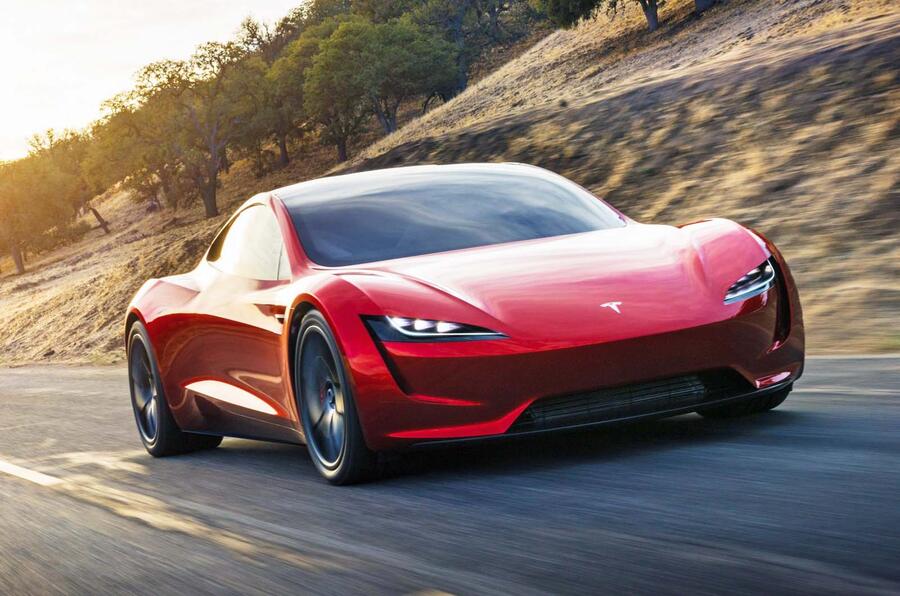 An electric F-Type would immediately be compared with
An electric F-Type would immediately be compared with 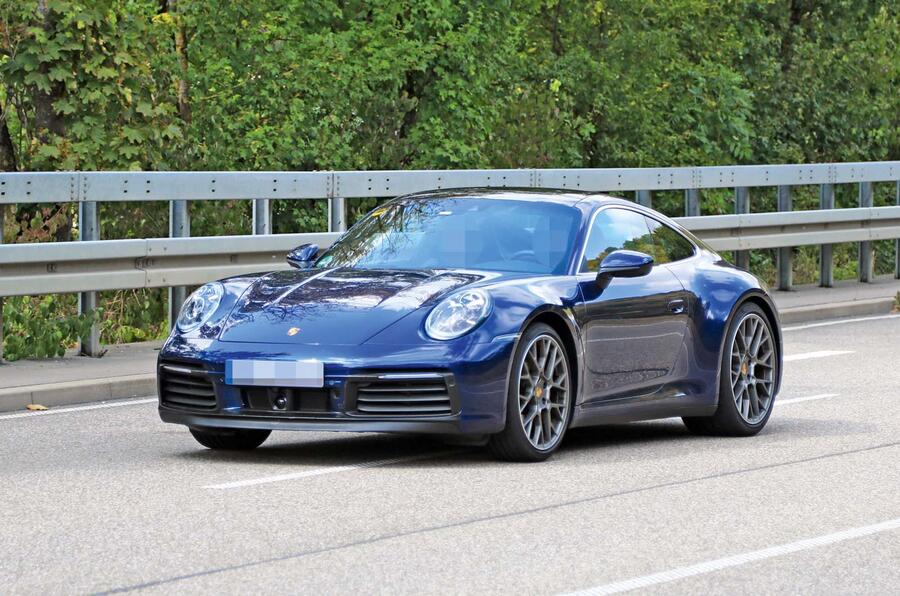 With EV rivals few and far between, the F-Type will still be pitted against the ever-dominant 911.
With EV rivals few and far between, the F-Type will still be pitted against the ever-dominant 911. 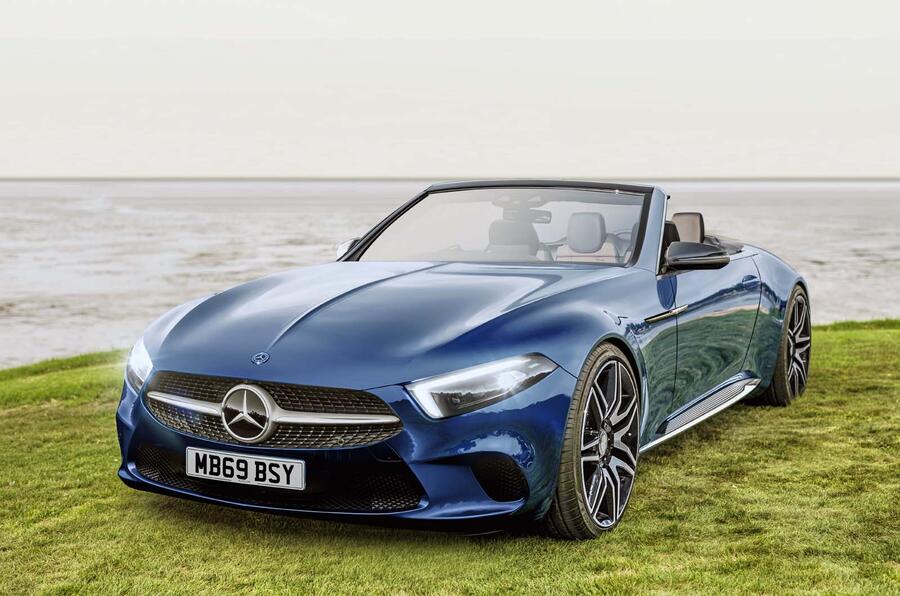 The new F-Type convertible will find itself pitched against the
The new F-Type convertible will find itself pitched against the 
Join the debate
Add your comment
Why did it post 3 times???
Why did it post 3 times??? Anyway, the post should have said "What mistake" rather than "What a mistake."
My mistake - I see it now.
What a mistake? Jaguar did
What a mistake? Jaguar did not use a BMW engine. I asked Autocar to show me the Jag with the BMW engine yesterday. No answer...
What a mistake? Jaguar did
What a mistake? Jaguar did not use a BMW engine. I asked Autocar to show me the Jag with the BMW engine yesterday. No answer...
What a mistake? Jaguar did
What a mistake? Jaguar did not use a BMW engine. I asked Autocar to show me the Jag with the BMW engine yesterday. No answer...
I'm sorry, Autocar, exactly